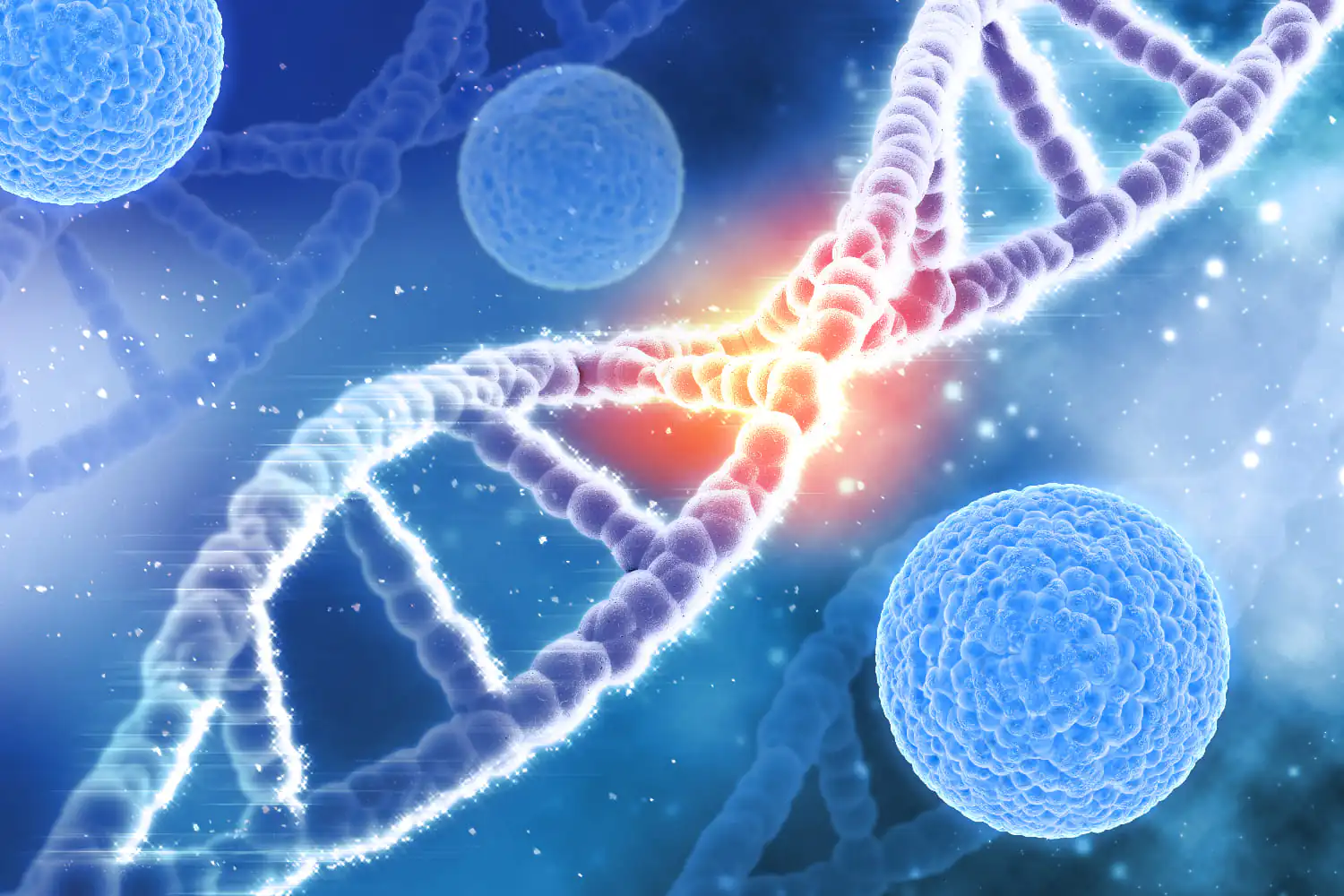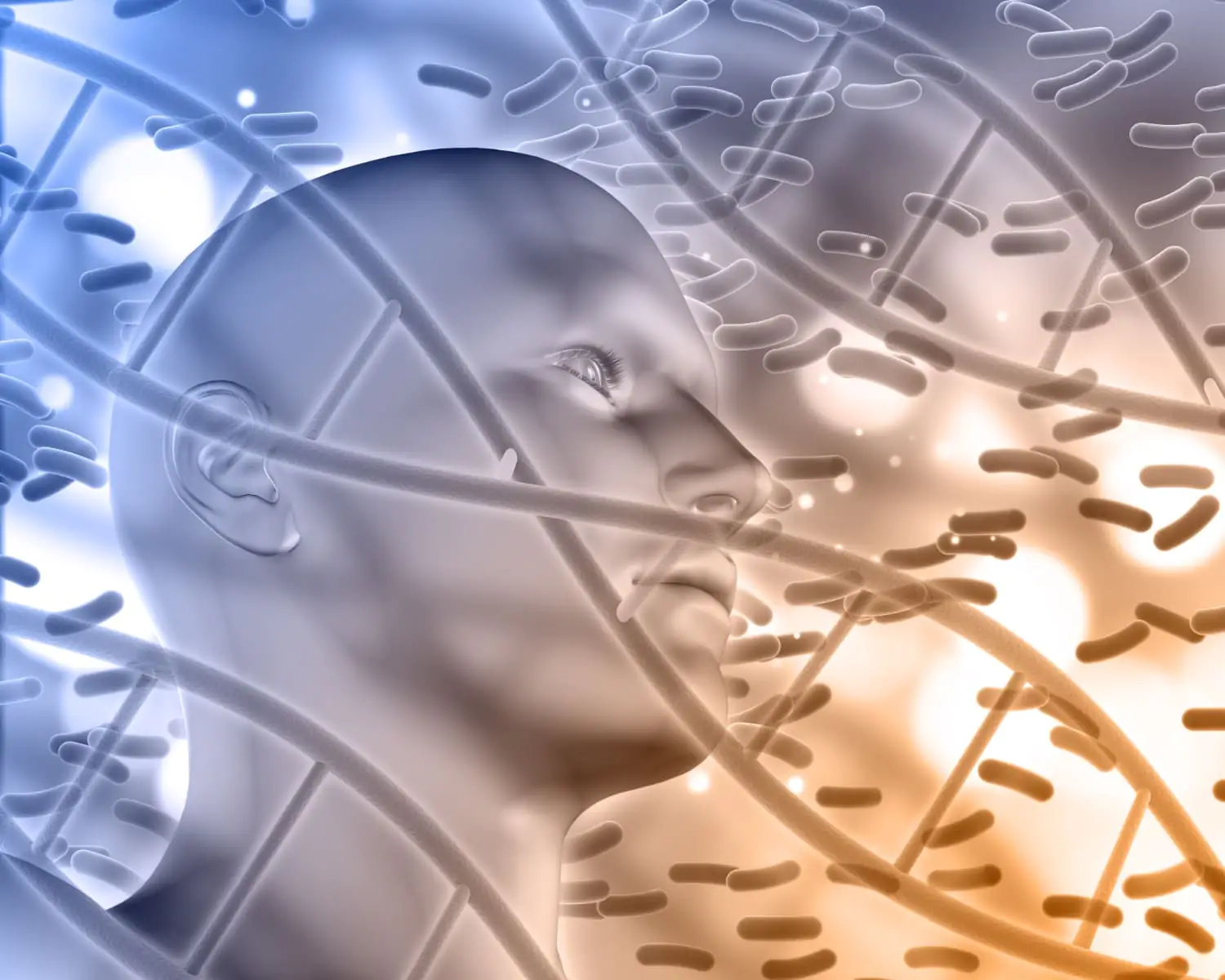
What is a Genetic Disease?
Health problems that occur as a result of mutations or abnormalities in genes or chromosomes are called genetic diseases. Human DNA is like an instruction book that dictates how the body will function. Changes (mutations) in these instructions can disrupt the functioning of the body, leading to diseases. Genetic diseases can sometimes be passed from mother or father to child, and sometimes they can occur with new genetic changes.
How Do Genetic Diseases Occur?
The mechanism of occurrence of genetic diseases is complex and depends on many factors. Some of the root causes:
- Gene Mutations: Changes in genes can interfere with the normal functioning of proteins and cause diseases. For example, diseases such as cystic fibrosis are caused by mutations in a single gene.
- Chromosomal Abnormalities: Changes in the number or structure of chromosomes can lead to genetic diseases. For example, Down syndrome occurs with the presence of an extra 21st chromosome.
- Polygenic Interactions: Some diseases occur as a result of more than one gene interacting with each other. Diabetes and heart diseases are examples of such diseases.
- Environmental Factors: In individuals with a genetic predisposition, environmental factors (such as smoking, alcohol, eating habits) can trigger the emergence of the disease.
What are Genetic Diseases?
Genetic diseases have a wide spectrum. Some of the most common genetic diseases are:
- Cystic Fibrosis
- Duchenne Muscular Dystrophy
- Thalassemia
- Sickle Cell Anemia
- Phenylketonuria (PKU)
- Huntington’s Disease
- Marfan Syndrome
- Cystinuria
- Familial Mediterranean Fever (FMF)
- Haemophilia
Genetic Diseases Transmitted from Mother to Baby:
Genetic diseases that can be passed from mother to baby can be transmitted through mitochondrial DNA or autosomal recessive genes. Examples of diseases that can be passed from mother to baby:
- Thalassemia
- Cystic Fibrosis
- Mitochondrial Diseases
- Phenylketonuria
- Familial Hypercholesterolemia
Genetic Diseases Passed From Father to Baby
Genetic diseases that are passed from father to baby are usually passed on through the Y chromosome or through autosomal dominant genes. Some of the genetic diseases that can be passed from father to baby are:
- Haemophilia
- Duchenne Muscular Dystrophy
- Klinefelter Syndrome
- Huntington’s Disease
- Familial Polycystic Kidney Disease

What are the Symptoms of Genetic Diseases?
Symptoms of genetic diseases may vary depending on the type of disease. However, common
- Growth retardation
- Mental Development Disorders
- Muscle Weakness or Loss of Coordination
- Abnormal Spots or Deformations on the Skin
- Vision or Hearing Problems
- Constant Fatigue or Exhaustion
- Recurrent Infections
- Organ Dysfunctions
Rare Genetic Diseases
Rare genetic diseases, which affect a very small number of people worldwide, can pose serious challenges in terms of diagnosis and treatment. Some rare genetic diseases:
- Progeria (Premature Aging Syndrome)
- Angelman Syndrome
- Gaucher Disease
- Fabry Disease
- Rett Syndrome
- Bloom Syndrome
Can Genetic Diseases Be Treated?
Treatment of genetic diseases depends on the type and severity of the disease. Some genetic diseases are completely curable, while for others, only symptom-relieving treatments can be applied.
- Gene Therapy: It is a treatment method that aims to correct or change damaged genes.
- Drug Treatment: Special medications can be used for certain genetic diseases. For example, hydroxyurea therapy is used for sickle cell anemia.
- Physiotherapy and Rehabilitation: It is important in the management of genetic diseases related to the muscle and movement system.
- Diet and Nutrition Programs: Special diets are applied in the treatment of metabolic diseases such as phenylketonuria.
- Symptomatic Treatments: These are treatments to alleviate symptoms such as pain, muscle weakness or organ dysfunctions.
What are Incurable Genetic Diseases?
Some genetic diseases cannot be treated today. However, various methods are applied to manage these diseases and improve the quality of life of patients. Some of the genetic diseases for which there is no cure are:
- Huntington’s Disease
- Progeria
- Rett Syndrome
- Tay-Sachs Disease
- Leoser-Kalishman Syndrome




